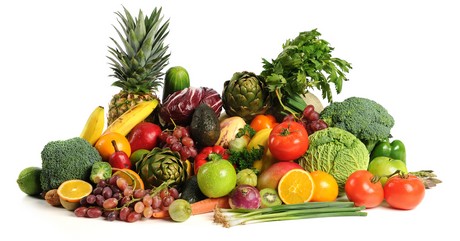 of Spain's expenditure in fruit and vegetable imports corresponded to produce from non-EU countries, totalling 872,162,279 Euro. For their part, imports from EU producers represented 46.7% of the total, with a value of 765,185,021 Euro, according to data provided by the Ministry of Economy and processed by FEPEX.
of Spain's expenditure in fruit and vegetable imports corresponded to produce from non-EU countries, totalling 872,162,279 Euro. For their part, imports from EU producers represented 46.7% of the total, with a value of 765,185,021 Euro, according to data provided by the Ministry of Economy and processed by FEPEX.The share of non-EU countries in the global value of Spanish imports is slightly higher than in 2012, when it reached 52.9%.
In terms of volume, Spain imported a total of 1.4 million tonnes, of which the EU was the main supplier, with 59.4%, while non-EU countries represented 40.5% of the total. Nevertheless, the EU's share in 2013 has been lower than in 2012, when Spanish imports from the EU amounted to 61.7% of the total.
The main vegetables imported by Spain are potatoes, tomatoes and green beans. In the case of potatoes, the largest supplier is still the EU, especially France; however, in global terms, most vegetable imports come from non-EU countries, such as in the case of green beans, courgettes, onions, asparagus, cucumbers and peppers.
Regarding fruit, bananas and kiwis are Spain's most imported products. In the case of apples, the largest supplier is the EU, while for bananas and kiwis the main suppliers are from outside the EU.
Amongst non-EU countries, Morocco and many Latin American countries, especially Chile, Argentina, Costa Rica, Peru, Mexico and Brazil, are the ones growing the most with an increasingly more diversified range.
For FEPEX, these results make it clear how necessary it is, on the one hand, to improve the competitiveness of certain products, especially within the EU, and on the other hand, they are a testament to how the increase in consumption is giving a boost to southern hemisphere sales volumes.





